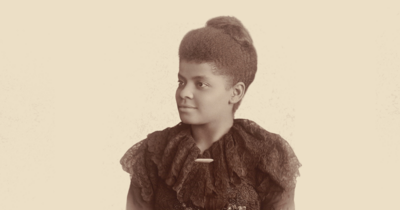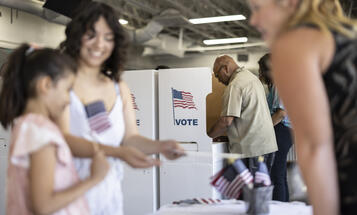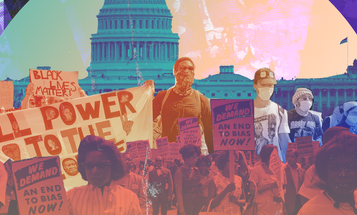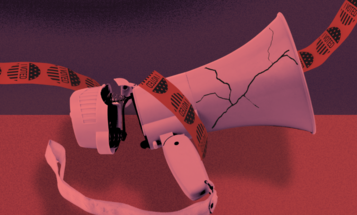
Reflection on Black Political Participation and Democracy
The legacy of Black voter empowerment continues from historic trailblazers like Ida B. Wells-Barnett to contemporary grassroots organizations like BLOC and Detroit Action.

At a time when Black voters are once again being called upon to “save democracy,” we are reminded of the lessons and wins of our forebearers. The unfinished potential of their collective work to build a just, inclusive multiracial democracy and economy helps us navigate the difficult task ahead. Collectively, these lessons aid us in charting a clear path forward.
Since this country’s inception, Black people have always organized to demand our rights and freedoms.
Since this country’s inception, Black people have always organized to demand our rights and freedoms. The throughline from Paul Cuffey and other free Black people petitioning the state of Massachusetts for the right to vote in 1780 to Black Mississippians like Fannie Lou Hamer—who organized the Mississippi Freedom Democratic Party in 1964—can be seen in the present with grassroots organizers working year-round to engage our communities.
The words and work of trailblazers, like pioneering journalist and civil rights advocate Ida B. Wells-Barnett, inspire us in the enduring work of demanding and ensuring full political participation. A co-founder of the NAACP and champion of universal suffrage, Wells-Barnett recognized the pivotal role of voting rights in securing broader civil and human rights. In her 1910 pamphlet, “How Enfranchisement Stops Lynching,” Wells-Barnett explored how disenfranchisement operated as a linchpin for the broader oppression faced by Black Americans.
"With no sacredness of the ballot, there can be no sacredness of human life itself," Ida B. Wells words are no lofty ideals[.]
"With no sacredness of the ballot, there can be no sacredness of human life itself," Ida B. Wells words are no lofty ideals—they're a truth that still echoes today in the fight for a just and inclusive democracy.
Wells-Barnett also shared the example of Black voters in Illinois organizing to elect a Black state legislator armed with a clear anti-lynching agenda. Her insight was profound: the denial of voting rights emboldened states to deny Black people not only their voice in governance but also our right to life, liberty, and the pursuit of happiness.
Black electoral organizers and voting rights advocates have long approached ballot access and elections as opportunities to shift conditions preventing our communities from being able not only to survive but thrive. Voting and elections are not our saving grace, but they are a part of the suite of tactics at our disposal. Like Wells-Barnett and her colleagues, groups like the Student Nonviolent Coordinating Committee understood the power of collective action. The lessons from SNCC and the strategic vision of Ella Baker can be seen in contemporary grassroots civic empowerment organizations like Black Leaders Organizing Communities (BLOC) and Detroit Action.
With each election cycle, we are reminded of the influence and importance of Black voter power.
Each election cycle reminds us of the influence and importance of Black voter power. But our real power is deeper than the numbers we can run up at the polls. The fight for full political participation has always been tied to broader efforts to address persisting injustices and ensure our self-determination on the issues and policies directly impacting our lives.
Movement organizing around elections and American politics—often through a lens of electoral justice—has helped move us from simply being able to name and describe the harms and grievances to agenda-setting and opportunities for co-governance. Dismantling oppressive systems and shifting our current conditions beyond the status quo is ongoing. This work requires sustained engagement and the protection of our gains even as we strive to achieve new wins.
At Dēmos, we are inspired by our predecessors' collective vision and enduring legacy. With gratitude and appreciation, we carry forward their strategic framework and endurance in a shared quest for equity, dignity, and justice.
The real power of the ballot isn't about individual politicians jockeying for position—it's a force shaping the destiny of our lives and securing what our communities deserve.




